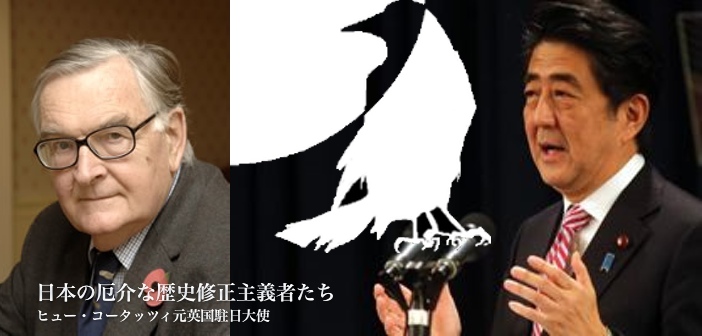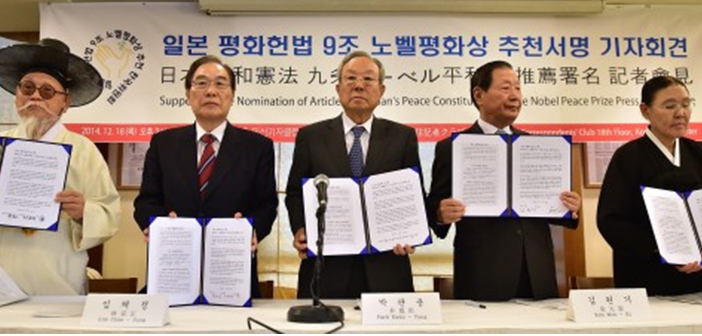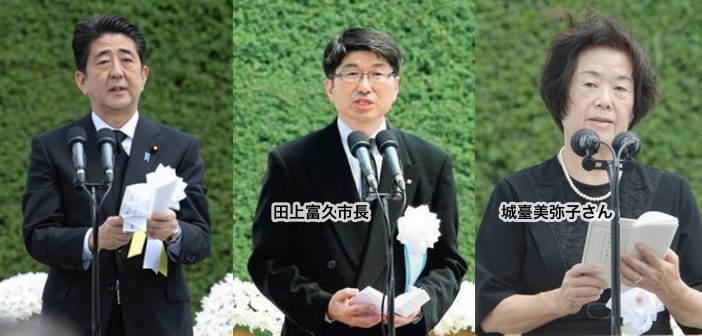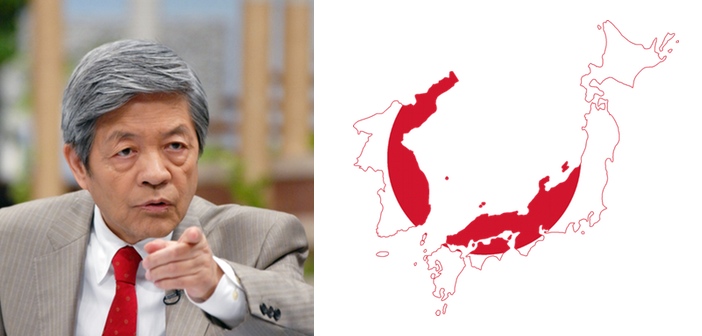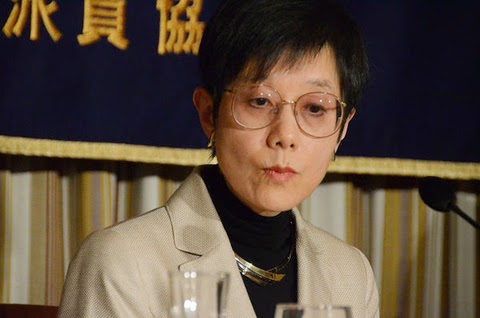Japan’s prickly revisionists – Nippon Kaigi (Japan Conference) and Shinto Association of Spiritual Leadership behind the Abe Administration ―
I have a suspicion that “Japan’s prickly revisionists” mentioned in the article are right-wing organizations called Nippon Kaigi and Shinto Association of Spiritual Leadership behind the Abe administration. I think the Hata clan and Yatagarasu or Three Legged Crow Japanese secret society constitutes the core of these organizations. It appears that they have very distorted viewpoint of history and think nothing of falsifying historical facts to achieve their own goal.
I wrote a series of articles related to Yatagarasu
on this blog. I think it is this clan that burned all Japan’s ancient documents
and falsified true Japanese history to make it incomprehensible.
The Kojiki (Records of Ancient Matters) and
the Nihon Shoki (Chronicles of Japan) are falsified literature. When you read
the Hotsuma Tsutae, you will understand true Japanese history. The
Hotsuma Tsutae is very inconvenient to them.
Masatoshi
Takeshita
April
15, 2015
Excerpt from a Japanese article:
blog.tatsuru.com – April 15, 2015 –
Source:
Japan’s prickly
revisionists
By Hugh Cortazzi
Japan’s right-wing politicians who react badly to foreign criticism are often
insensitive to the feelings of foreign people whom they seem to despise. They seem to regard any
foreigner who
does not praise every aspect of Japan and points out that there were dark moments
in Japanese history as a “Japan basher” and, accordingly, an enemy of Japan. This attitude is harmful
to Japan’s national interests and reputation.
I was shocked to read in a recent issue of thejournal of the Foreign Correspondents Club in Tokyo a farewell article by thecorrespondent of the Frankfurter Allgemeine Zeitung, which I know from my
service in Germany as a highly respectable serious journal that would never report sensational
stories and always
checks its facts.
When the correspondent wrote an article critical of the Abe
administration’s historical revisionism, the Japanese Consul General in
Frankfurt,
presumably acting on instructions from Tokyo, called on the paper’s senior
foreign policy editor to complain about the article.
The Japanese Consul General refused to produce any facts
to counter the arguments in the correspondent’s article and then apparently
went on to insult the correspondent and the paper by suggesting that money was
“involved,” and that the reporter had to write pro Chinese propaganda to get a
visa for China. These remarks were not only unjustified but inept.
Sadly this is not an isolated case. The Japanese Consul General in
New York in January requested McGraw-Hill, a reputable
U.S. educational publisher, to delete paragraphs in a book produced by two U.S. scholars about
“comfort women.”
The publishers rejected the request and told the Japanese official that the
scholars concerned had properly confirmed the facts.
It is probably impossible now to say for certain how
many “comfort women” were forced to serve members of the Imperial Japanese
armed forces, but there is overwhelming evidence that this obnoxious practice was
widespread.
Koreans were not the only women forced into prostitution.
Japanese revisionists also refuse to accept the facts about the Nanjing massacre. In this case, too, it is impossible at this stage to confirm the exact number of those killed, but the evidence from a variety of sources including Japanese confirms that numerous atrocities were committed by members of Japanese forces not only in Nanjing but also elsewhere in China. Anyone who points out such facts is only spelling out the truth and is not a Chinese propagandist.
When I wrote an article some months ago, which noted the
fact that there was a dispute over the Senkaku Islands, despite my known antipathy to the
anti-democratic behavior of Beijing, I, too, was accused of repeating Chinese propaganda and helping China.
Reports in the British media
about Japanese school history books only refer to the downplaying of the
Nanking incident and the “comfort women” issue. No mention has been made of
what the textbooks say (or do not say) about the thousands of prisoners of war
and forced laborers who died in the making of the Thailand-Burma Railway or
other incidents in Singapore and Hong Kong when Japanese soldiers broke not
only the Geneva conventions but Japan’s own moral code. There is no wish here
to rekindle the inevitable resentments, which soured Anglo-Japanese relations
in post-war years, but any attempts to water-down the facts or delete them from
the record damages relations.
The inevitable reaction of scholars and journalists targeted by Japanese revisionists
is to dig deeper
and draw more attention to the facts which the revisionists would like erased from the
record. Japanese historical revisionists remind me of the Orwellian
double-speak and double-thinking of the Nazis and the Soviet Communists.
Intelligent friends of Japan in Britain have various views about
the prospects of “Abenomics” and Japanese policies on defense issues, but I don’t know anyone who is
prepared to defend Japanese historical revisionism.
The recent argument in favor of a Japanese apartheid by
Ayako Sono struck British observers as ludicrous. It was hard to believe that
these suggestions could be taken seriously and published in Japan. It made us
wonder how Prime Minister Shinzo Abe could appoint someone with such views as
his education adviser.
It is equally difficult
for non-Japanese to understand how intelligent and educated individuals can
propagate the concept of Japanese uniqueness as propounded by the “Nihonjinron”
theorists. Japan is no more unique than any other country. There are over 120
million Japanese individuals, all different, and most generalizations about
Japan and Japanese characteristics are at best approximations.
The Nihonjinron theorists like Japanese historical
revisionists seem to exist in a bubble outside the real world. Unlike their
Meiji era predecessors they do not really know the world outside Japan. They
have no real foreign friends. They act as a drag on efforts to ensure that
Japan takes its rightful place in a world that is increasingly globalized both
economically and politically.
During Japan’s economic
bubble, the Japanese presence in London was phenomenal. There are much fewer
Japanese there today. The British authorities, with their restrictions on
students, are partly responsible, but the main reason seems to be a Japanese
reluctance to venture abroad. An increasing proportion of Japanese in London
come here without their wives and families, claiming that the educational needs
of their children or looking after aged parents causes them to come as tanshin funin. Some Japanese
businessmen and diplomats seem to regard a posting to London as a kind of temporary penance.
I recognize that Japanese diplomats have to carry out
the wishes of their political masters and, accordingly, that the consuls
general in Frankfurt and New York were obeying orders. But I hope that the Foreign
Ministry officials who sent the instructions tried first to persuade their
political masters that facts cannot be altered by fiat, and that attempts to censor what journalists
and scholars write is likely to be counterproductive.
Hugh Cortazzi served as Britain’s ambassador to Japan from
1980-1984.
